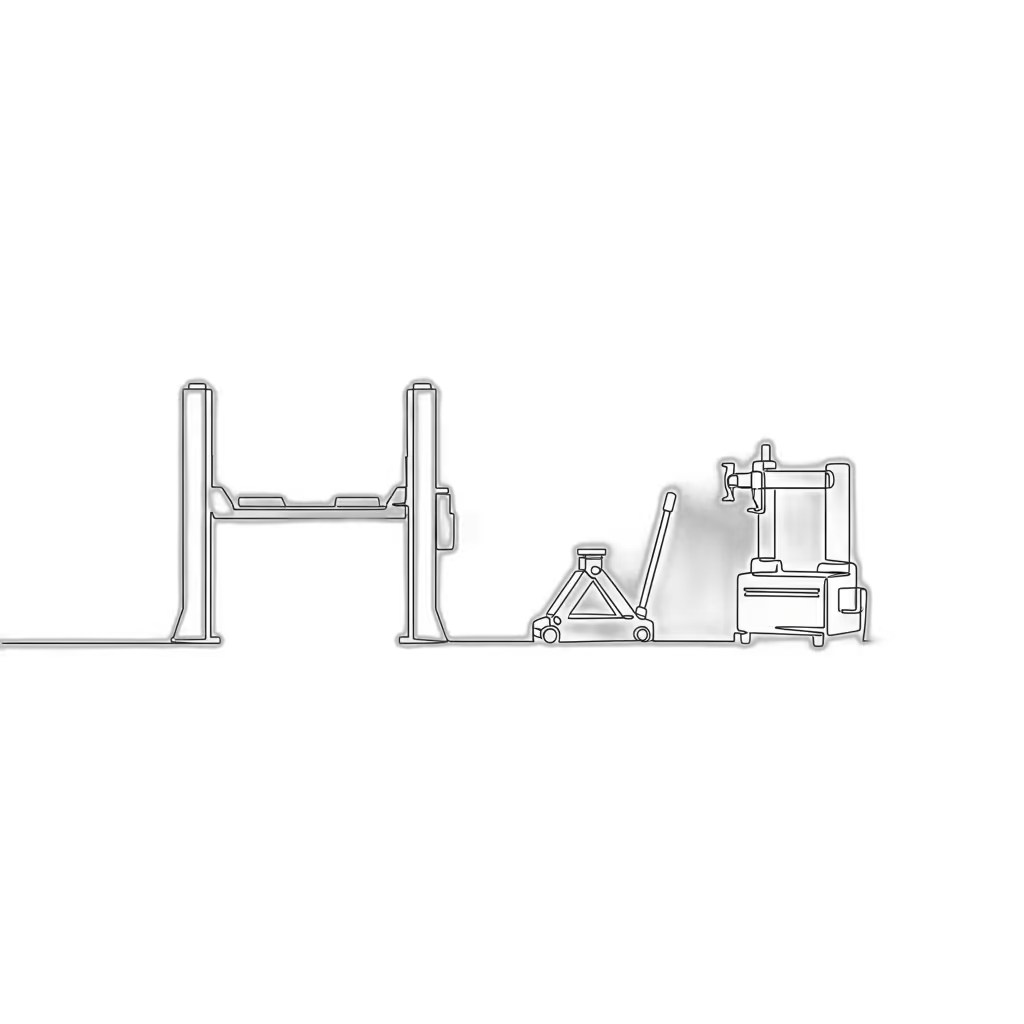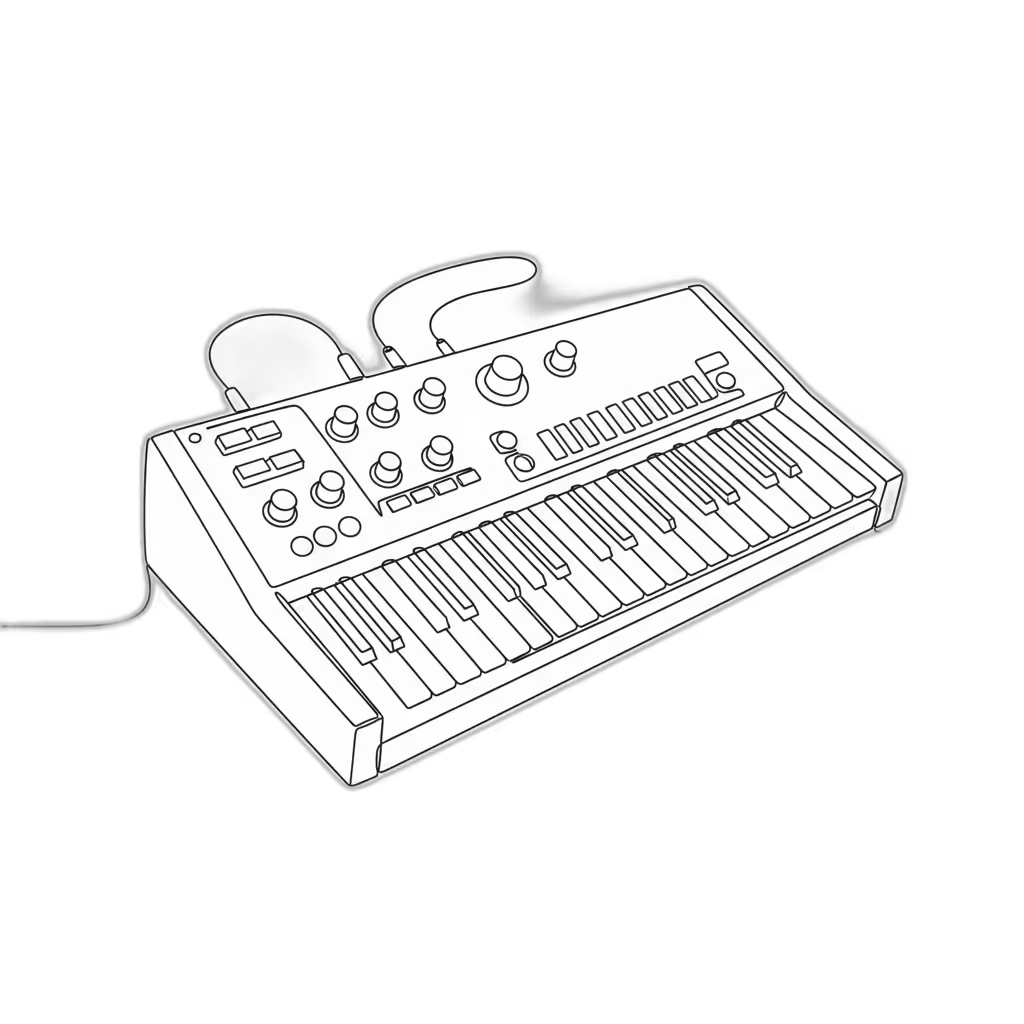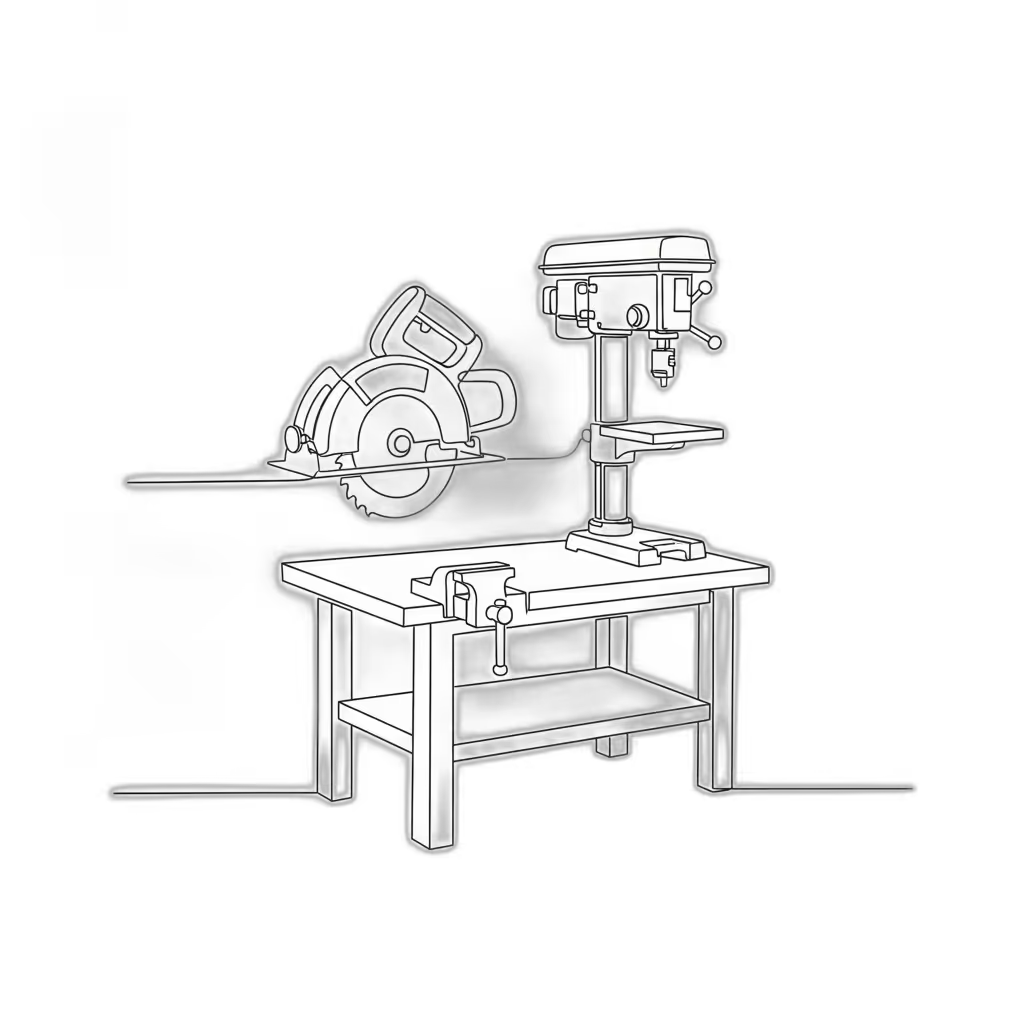Thank you! Your submission has been received!
Oops! Something went wrong while submitting the form.

Nationwide Service
Onsite or Online
USPAP-Compliant
IRS Qualified
DEFENSIBLE, USPAP-COMPLIANT APPRAISAL REPORTS — ACCEPTED BY 10,000+ ORGANIZATIONS






5-Star Valuation Services, Loved by Hundreds
Frequently Asked
Questions
This is some text inside of a div block.
lorem
No Frequently Asked Questions Found.
IRS Form 8594, officially known as the "Asset Acquisition Statement Under Section 1060," is a critical tax document required for specific business asset transactions. This form becomes essential when a company purchases the assets of another business through a taxable sale, distinguishing it from stock or ownership transfers.
The form serves multiple crucial functions in business asset acquisitions. It provides a comprehensive mechanism for precisely allocating the purchase price across different asset categories, which directly impacts tax calculations for both buyer and seller. By mandating a detailed breakdown of acquired assets—including goodwill, inventory, and tangible property—the form ensures transparent and accurate financial reporting.
Critically, Form 8594 requires mutual agreement between the buyer and seller on the transaction's price allocation. This collaborative approach helps prevent potential future tax disputes and creates a clear record of the asset transfer. The documentation becomes a critical reference point for both parties' tax returns and provides the Internal Revenue Service with a comprehensive view of the transaction.
The form's significance extends beyond mere paperwork. It helps establish fair market values for transferred assets, which directly influences important financial calculations such as depreciation schedules and potential capital gains. Moreover, it serves as a compliance tool, ensuring that both parties adhere to IRS regulations and maintain precise financial documentation.
Completing Form 8594 is not optional but a regulatory requirement when engaging in qualifying asset purchases. Both the buyer and seller must file the form with their respective tax returns for the year of the transaction, creating a synchronized record of the asset transfer.
For businesses navigating complex asset acquisitions, understanding the nuances of Form 8594 is paramount. The form represents more than a bureaucratic requirement—it is a critical instrument for maintaining financial transparency, ensuring tax compliance, and facilitating smooth business transitions.
The form serves multiple crucial functions in business asset acquisitions. It provides a comprehensive mechanism for precisely allocating the purchase price across different asset categories, which directly impacts tax calculations for both buyer and seller. By mandating a detailed breakdown of acquired assets—including goodwill, inventory, and tangible property—the form ensures transparent and accurate financial reporting.
Critically, Form 8594 requires mutual agreement between the buyer and seller on the transaction's price allocation. This collaborative approach helps prevent potential future tax disputes and creates a clear record of the asset transfer. The documentation becomes a critical reference point for both parties' tax returns and provides the Internal Revenue Service with a comprehensive view of the transaction.
The form's significance extends beyond mere paperwork. It helps establish fair market values for transferred assets, which directly influences important financial calculations such as depreciation schedules and potential capital gains. Moreover, it serves as a compliance tool, ensuring that both parties adhere to IRS regulations and maintain precise financial documentation.
Completing Form 8594 is not optional but a regulatory requirement when engaging in qualifying asset purchases. Both the buyer and seller must file the form with their respective tax returns for the year of the transaction, creating a synchronized record of the asset transfer.
For businesses navigating complex asset acquisitions, understanding the nuances of Form 8594 is paramount. The form represents more than a bureaucratic requirement—it is a critical instrument for maintaining financial transparency, ensuring tax compliance, and facilitating smooth business transitions.
An appraisal for IRS Form 8594 is a critical valuation process that occurs during the transfer of business ownership, specifically addressing the comprehensive assessment of assets being sold. This specialized appraisal meticulously examines and allocates the purchase price across multiple asset types, ensuring precise financial documentation and tax compliance.
The core purpose of this appraisal is to provide a detailed breakdown of asset values, encompassing both tangible and intangible business components. Physical assets like equipment, inventory, and real estate, as well as intangible assets such as intellectual property, trademarks, and goodwill, are carefully evaluated using professional valuation methodologies.
Appraisers employ sophisticated techniques including market, income, and cost approaches to determine accurate asset values. Each method is selected based on the specific characteristics of the assets and available market data. The goal is to create a defensible, comprehensive valuation that meets rigorous IRS guidelines and provides transparency for both buyers and sellers.
Critically, this appraisal serves multiple strategic purposes. It supports accurate tax reporting, helps establish proper asset basis for future depreciation, and provides a clear financial framework for the business transfer. The documentation generated becomes a crucial component of IRS Form 8594, serving as an official record of the asset allocation.
The complexity of the appraisal process requires expertise in financial analysis, market trends, and regulatory compliance. By delivering a precise, well-documented valuation, the appraisal minimizes potential tax disputes and provides a solid foundation for the business transaction's financial integrity.
The core purpose of this appraisal is to provide a detailed breakdown of asset values, encompassing both tangible and intangible business components. Physical assets like equipment, inventory, and real estate, as well as intangible assets such as intellectual property, trademarks, and goodwill, are carefully evaluated using professional valuation methodologies.
Appraisers employ sophisticated techniques including market, income, and cost approaches to determine accurate asset values. Each method is selected based on the specific characteristics of the assets and available market data. The goal is to create a defensible, comprehensive valuation that meets rigorous IRS guidelines and provides transparency for both buyers and sellers.
Critically, this appraisal serves multiple strategic purposes. It supports accurate tax reporting, helps establish proper asset basis for future depreciation, and provides a clear financial framework for the business transfer. The documentation generated becomes a crucial component of IRS Form 8594, serving as an official record of the asset allocation.
The complexity of the appraisal process requires expertise in financial analysis, market trends, and regulatory compliance. By delivering a precise, well-documented valuation, the appraisal minimizes potential tax disputes and provides a solid foundation for the business transaction's financial integrity.
An Equipment & Machinery appraisal represents a comprehensive professional assessment that determines the precise value of industrial assets. This meticulous evaluation provides critical insights into the monetary worth of machinery, tools, and equipment across diverse sectors such as manufacturing, construction, agriculture, and mining.
Professional certified appraisers utilize sophisticated methodologies to analyze machinery value, considering multiple critical factors. These include equipment age, current condition, operational performance, maintenance history, technological relevance, and prevailing market conditions. By incorporating detailed examinations of physical attributes and economic context, appraisers can generate an accurate and defensible valuation.
The appraisal process typically involves three primary valuation approaches: cost, market, and income. The cost approach evaluates replacement expenses while accounting for depreciation. The market approach compares similar equipment transactions to establish fair market value. The income approach estimates potential future economic benefits generated by the machinery.
Key considerations during an equipment appraisal extend beyond simple numerical calculations. Appraisers carefully assess unique characteristics like specialized modifications, technological capabilities, and potential obsolescence. They also examine maintenance records, operational efficiency, and broader industry trends that might influence asset value.
The resulting comprehensive report serves multiple strategic purposes. It provides crucial documentation for financial transactions, insurance coverage, tax planning, potential sales, mergers, and internal asset management. By offering an objective, professional evaluation, equipment appraisals enable businesses to make informed decisions about their capital assets.
Ultimately, an Equipment & Machinery appraisal delivers more than just a monetary figure. It provides a nuanced understanding of an organization's technological infrastructure, supporting strategic planning and financial transparency.
Professional certified appraisers utilize sophisticated methodologies to analyze machinery value, considering multiple critical factors. These include equipment age, current condition, operational performance, maintenance history, technological relevance, and prevailing market conditions. By incorporating detailed examinations of physical attributes and economic context, appraisers can generate an accurate and defensible valuation.
The appraisal process typically involves three primary valuation approaches: cost, market, and income. The cost approach evaluates replacement expenses while accounting for depreciation. The market approach compares similar equipment transactions to establish fair market value. The income approach estimates potential future economic benefits generated by the machinery.
Key considerations during an equipment appraisal extend beyond simple numerical calculations. Appraisers carefully assess unique characteristics like specialized modifications, technological capabilities, and potential obsolescence. They also examine maintenance records, operational efficiency, and broader industry trends that might influence asset value.
The resulting comprehensive report serves multiple strategic purposes. It provides crucial documentation for financial transactions, insurance coverage, tax planning, potential sales, mergers, and internal asset management. By offering an objective, professional evaluation, equipment appraisals enable businesses to make informed decisions about their capital assets.
Ultimately, an Equipment & Machinery appraisal delivers more than just a monetary figure. It provides a nuanced understanding of an organization's technological infrastructure, supporting strategic planning and financial transparency.
Online equipment and machinery appraisals have become increasingly feasible with advancements in digital communication technologies. The process typically begins by submitting comprehensive photographs and detailed information about the equipment, including its condition, usage history, and specific characteristics. These materials can be exchanged electronically, allowing appraisers to conduct preliminary assessments efficiently.
When photographic documentation requires supplementation, professional appraisers leverage video conferencing platforms to conduct live consultations. These virtual interactions enable real-time discussions about equipment specifics, allowing for a more nuanced evaluation of complex machinery or specialized assets. Such remote assessment methods can significantly reduce time and travel expenses associated with traditional in-person appraisals.
The effectiveness of online appraisals depends on several critical factors. High-resolution, well-lit photographs that capture multiple angles and key mechanical details are essential for accurate initial assessments. Clients should be prepared to provide comprehensive documentation, including maintenance records, operational history, and any unique modifications or features that might impact the equipment's value.
While online appraisals offer remarkable convenience, they are not universally applicable. Certain highly specialized or intricate equipment may still require in-person examination to ensure a comprehensive and precise valuation. Professional appraisers will typically indicate when a remote assessment is insufficient and an on-site inspection becomes necessary.
Clients should always verify an appraiser's professional credentials and ensure the evaluation meets industry standards, particularly the Uniform Standards of Professional Appraisal Practice (USPAP). This diligence guarantees the reliability and credibility of the appraisal for potential uses such as financial reporting, insurance claims, or resale considerations.
When photographic documentation requires supplementation, professional appraisers leverage video conferencing platforms to conduct live consultations. These virtual interactions enable real-time discussions about equipment specifics, allowing for a more nuanced evaluation of complex machinery or specialized assets. Such remote assessment methods can significantly reduce time and travel expenses associated with traditional in-person appraisals.
The effectiveness of online appraisals depends on several critical factors. High-resolution, well-lit photographs that capture multiple angles and key mechanical details are essential for accurate initial assessments. Clients should be prepared to provide comprehensive documentation, including maintenance records, operational history, and any unique modifications or features that might impact the equipment's value.
While online appraisals offer remarkable convenience, they are not universally applicable. Certain highly specialized or intricate equipment may still require in-person examination to ensure a comprehensive and precise valuation. Professional appraisers will typically indicate when a remote assessment is insufficient and an on-site inspection becomes necessary.
Clients should always verify an appraiser's professional credentials and ensure the evaluation meets industry standards, particularly the Uniform Standards of Professional Appraisal Practice (USPAP). This diligence guarantees the reliability and credibility of the appraisal for potential uses such as financial reporting, insurance claims, or resale considerations.
Equipment and machinery appraisers are specialized professionals who provide critical valuation services across diverse industrial sectors. These experts possess deep technical knowledge and industry-specific expertise that enables precise assessment of equipment value. Their professional insights go far beyond basic price estimation, encompassing comprehensive evaluations that consider multiple complex factors.
Different types of equipment appraisers emerge from specific industrial domains, each bringing targeted expertise to the valuation process. Construction equipment appraisers evaluate heavy machinery like excavators and cranes, understanding regional development trends and equipment performance characteristics. Manufacturing equipment specialists focus on production machinery, analyzing technological complexity, usage history, and potential productivity impact.
Agricultural equipment appraisers examine farming machinery with nuanced understanding of seasonal productivity and technological advancements. Medical equipment professionals navigate intricate healthcare technology landscapes, assessing sophisticated diagnostic and surgical instruments. Transportation equipment experts evaluate vehicles and logistics equipment, considering depreciation rates and market demand dynamics.
Heavy equipment appraisers bring specialized knowledge to complex industrial machinery used in sectors like mining and energy. Technology equipment specialists track rapid technological evolution, providing critical insights into rapidly depreciating digital assets and communication systems.
Each appraiser type represents a unique intersection of technical knowledge, market understanding, and industry-specific insights. Their professional assessments provide crucial information for business decision-making, asset management, insurance purposes, and strategic planning across multiple economic sectors.
Different types of equipment appraisers emerge from specific industrial domains, each bringing targeted expertise to the valuation process. Construction equipment appraisers evaluate heavy machinery like excavators and cranes, understanding regional development trends and equipment performance characteristics. Manufacturing equipment specialists focus on production machinery, analyzing technological complexity, usage history, and potential productivity impact.
Agricultural equipment appraisers examine farming machinery with nuanced understanding of seasonal productivity and technological advancements. Medical equipment professionals navigate intricate healthcare technology landscapes, assessing sophisticated diagnostic and surgical instruments. Transportation equipment experts evaluate vehicles and logistics equipment, considering depreciation rates and market demand dynamics.
Heavy equipment appraisers bring specialized knowledge to complex industrial machinery used in sectors like mining and energy. Technology equipment specialists track rapid technological evolution, providing critical insights into rapidly depreciating digital assets and communication systems.
Each appraiser type represents a unique intersection of technical knowledge, market understanding, and industry-specific insights. Their professional assessments provide crucial information for business decision-making, asset management, insurance purposes, and strategic planning across multiple economic sectors.
Obtaining an equipment and machinery appraisal is a strategic necessity that provides comprehensive insights for businesses and individuals across multiple critical domains. Far beyond a simple valuation exercise, these assessments deliver actionable intelligence that supports informed decision-making and financial risk management.
Insurance coverage represents a primary driver for professional appraisals. An accurate valuation ensures precise protection against potential losses, preventing both underinsurance vulnerabilities and unnecessary premium expenditures. By establishing a credible baseline for asset worth, organizations can design insurance strategies that are both protective and cost-effective.
Tax compliance represents another compelling rationale for equipment appraisals. When donating high-value machinery or equipment, a professional assessment becomes essential for substantiating tax deduction claims. These documented valuations provide the necessary transparency to satisfy regulatory requirements while potentially maximizing financial benefits.
Financial reporting demands rigorous asset valuation. Appraisals offer a clear, defensible representation of equipment value on balance sheets, enabling more sophisticated financial analysis. This transparency becomes particularly crucial when attracting investors or securing lending, as financial institutions rely on precise asset assessments to evaluate collateral and organizational health.
Legal proceedings frequently necessitate objective equipment valuations. During complex scenarios like partnership dissolutions or divorce settlements, a professional appraisal provides an impartial benchmark for asset division. The documented valuation serves as a credible reference point for negotiations, potentially mitigating potential conflicts.
Transaction dynamics also benefit significantly from professional appraisals. Whether purchasing or selling machinery, an independent valuation establishes a fair market baseline. This approach fosters trust between parties, facilitates more transparent negotiations, and helps prevent potential disputes arising from subjective price perceptions.
Strategic asset management represents the most forward-looking benefit of equipment appraisals. Regular assessments provide insights into asset depreciation, replacement timing, and potential upgrade opportunities. By understanding the precise value and condition of existing equipment, organizations can make more intelligent decisions about resource allocation, technological investments, and long-term operational planning.
Ultimately, a professional equipment and machinery appraisal transcends mere number-crunching. It represents a sophisticated tool for financial governance, risk management, and strategic organizational development.
Insurance coverage represents a primary driver for professional appraisals. An accurate valuation ensures precise protection against potential losses, preventing both underinsurance vulnerabilities and unnecessary premium expenditures. By establishing a credible baseline for asset worth, organizations can design insurance strategies that are both protective and cost-effective.
Tax compliance represents another compelling rationale for equipment appraisals. When donating high-value machinery or equipment, a professional assessment becomes essential for substantiating tax deduction claims. These documented valuations provide the necessary transparency to satisfy regulatory requirements while potentially maximizing financial benefits.
Financial reporting demands rigorous asset valuation. Appraisals offer a clear, defensible representation of equipment value on balance sheets, enabling more sophisticated financial analysis. This transparency becomes particularly crucial when attracting investors or securing lending, as financial institutions rely on precise asset assessments to evaluate collateral and organizational health.
Legal proceedings frequently necessitate objective equipment valuations. During complex scenarios like partnership dissolutions or divorce settlements, a professional appraisal provides an impartial benchmark for asset division. The documented valuation serves as a credible reference point for negotiations, potentially mitigating potential conflicts.
Transaction dynamics also benefit significantly from professional appraisals. Whether purchasing or selling machinery, an independent valuation establishes a fair market baseline. This approach fosters trust between parties, facilitates more transparent negotiations, and helps prevent potential disputes arising from subjective price perceptions.
Strategic asset management represents the most forward-looking benefit of equipment appraisals. Regular assessments provide insights into asset depreciation, replacement timing, and potential upgrade opportunities. By understanding the precise value and condition of existing equipment, organizations can make more intelligent decisions about resource allocation, technological investments, and long-term operational planning.
Ultimately, a professional equipment and machinery appraisal transcends mere number-crunching. It represents a sophisticated tool for financial governance, risk management, and strategic organizational development.
View all Locations
APPRAISEITNOW APPRAISERS ARE BEST-IN-CLASS & CREDENTIALED BY LEADING APPRAISAL ORGANIZATIONS LIKE THE ISA, ASA, & MORE.




























.svg)






